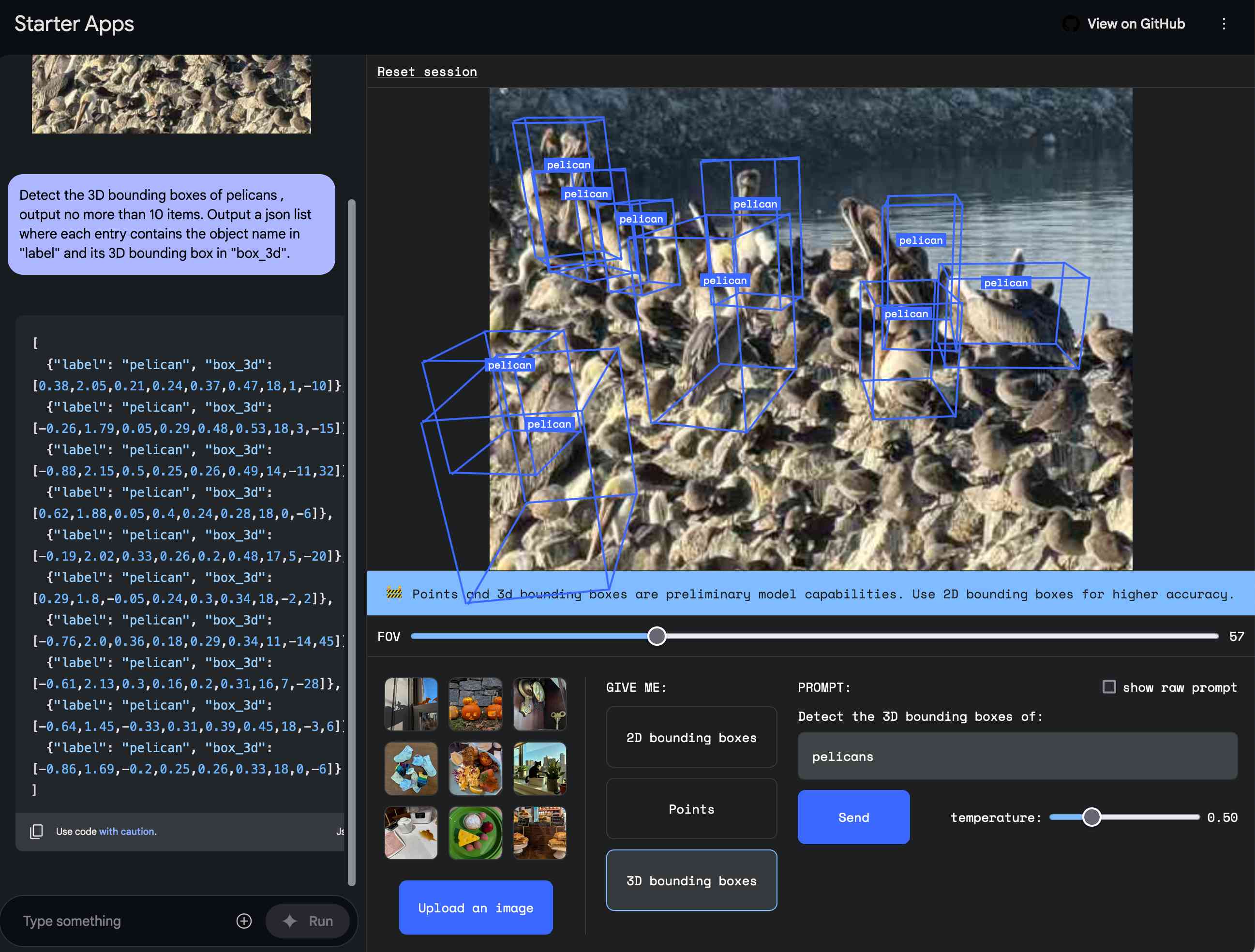Wednesday, 11th December 2024
(echo "PID COMMAND PORT USER"; lsof -i -P -n | grep LISTEN | awk '{print $2, $1, $9, $3}' | sort -u | head -n 50; echo;) | column -t | llm "what servers are running on my machine and do some of them look like they could be orphaned things I can shut down"
Who and What comprise AI Skepticism? (via) Benjamin Riley's response to Casey Newton's piece on The phony comforts of AI skepticism. Casey tried to categorize the field as "AI is fake and sucks" v.s. "AI is real and dangerous". Benjamin argues that this as a misleading over-simplification, instead proposing at least nine different groups.
I get listed as an example of the "Technical AI Skeptics" group, which sounds right to me based on this description:
What this group generally believes: The technical capabilities of AI are worth trying to understand, including their limitations. Also, it’s fun to find their deficiencies and highlight their weird output.
One layer of nuance deeper: Some of those I identify below might resist being called AI Skeptics because they are focused mainly on helping people understand how these tools work. But in my view, their efforts are helpful in fostering AI skepticism precisely because they help to demystify what’s happening “under the hood” without invoking broader political concerns (generally).
Gemini 2.0 Flash: An outstanding multi-modal LLM with a sci-fi streaming mode
Huge announcment from Google this morning: Introducing Gemini 2.0: our new AI model for the agentic era. There’s a ton of stuff in there (including updates on Project Astra and the new Project Mariner), but the most interesting pieces are the things we can start using today, built around the brand new Gemini 2.0 Flash model. The developer blog post has more of the technical details, and the Gemini 2.0 Cookbook is useful for understanding the API via Python code examples.
[... 1,740 words]